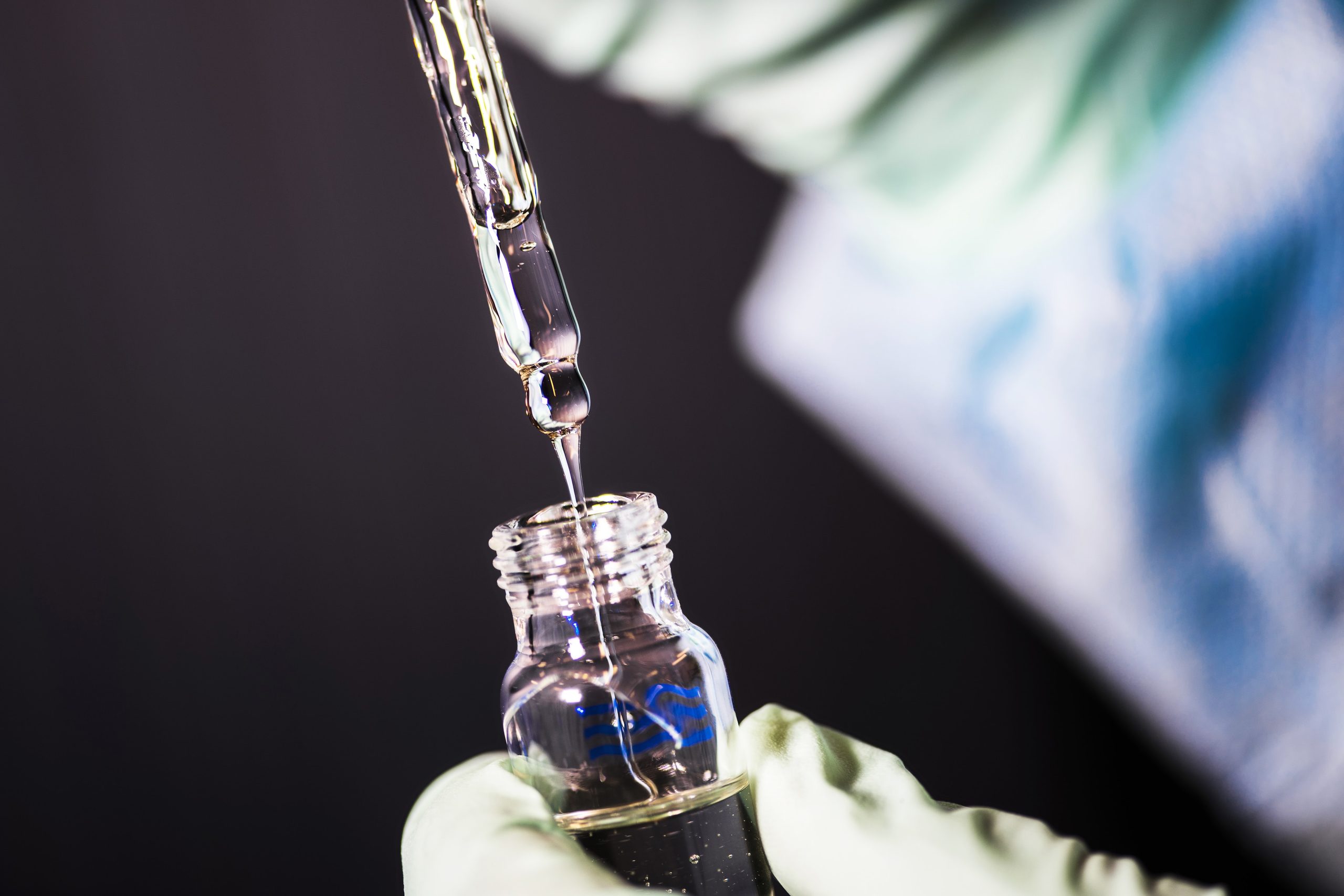The Food and Drug Administration is set to review the approval of a new gene editing procedure that could cure sickle cell disease called CRISPR, which is an acronym for (Clustered Regularly Interspaced Short Palindromic Repeats).
Sickle Cell is an inherited red blood disorder that affects hemoglobin, which is the protein that carries oxygen through the body. A person will be born with sickle cell disease if two genes that cause the production of abnormal hemoglobin are present. A person who inherits just one gene is born with sickle cell trait (SCT). The person is considered healthy and is said to be a carrier of the disease.
With sickle cell, the red blood cells become crescent shaped and have difficulty passing through smaller blood vessels. As a result less blood reaches parts of the body. This can lead to serious problems including low blood count, stroke, pain crises and organ failure. Sickle cell is a lifelong illness in which the average life expectancy of a person with sickle cell is 42-47 years of age as patients face many challenges. Treatment for sickle cell include pain medications, blood transfusions, and antibiotics which are used to treat infections.

CRISPR is a gene editing therapy that was developed by pharmaceutical company Vertex in Boston, MA, and biotechnology company CRISPR Therapeutics in Switzerland. This gene editing therapy will alter blood cells and boost the ability to produce healthy forms of oxygen carrying hemoglobin. This would prevent pain crises and complications from sickle cell shape blood cells. A panel of experts are convinced this groundbreaking treatment for sickle cell is safe enough for clinical use and likely for federal approval by the FDA. Scientists believe they can also use this procedure to completely “knock out” a defective gene entirely, replace it with a healthy gene, and then place it into the patient. This treatment is said to be approved for patients 12 years old and up.
The approximate cost for CRISPR is 1 to 3 million dollars per treatment. A plan has not fully been laid out explaining how insurance companies and other municipalities will provide assistance for patients to receive coverage for the treatment. CRISPR is only a one-time treatment and many have raised the point that this gene editing therapy MAY actually be more cost effective. Over the lifespan of some sickle cell patients millions of dollars in medical expenses are accrued from hospital stays, treatment for crisis, and receiving the necessary medicines to help relieve symptoms affiliated with the disease. Though CRISPR comes with a big price tag, it may be the better option for patients and insurance companies financially.
Other countries are also pending approval for this groundbreaking gene editing tool. Once approved, this can be a historic milestone to finding a cure for sickle cell. CRISPR can potentially save many lives and bring relief to those who suffer from this debilitating disease since it was first discovered over 70 years ago.